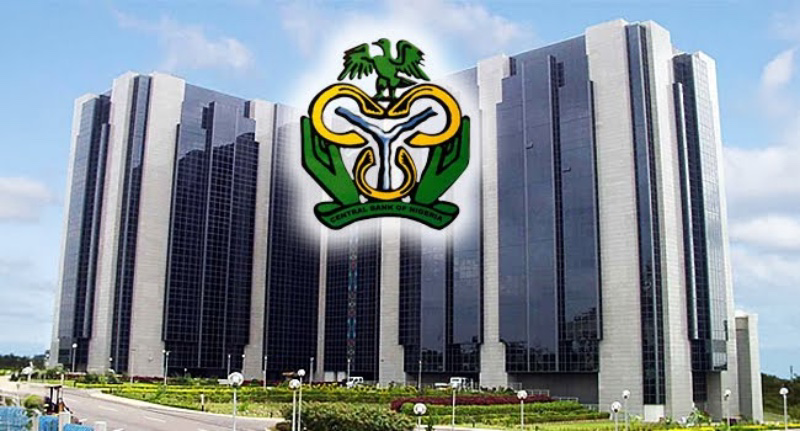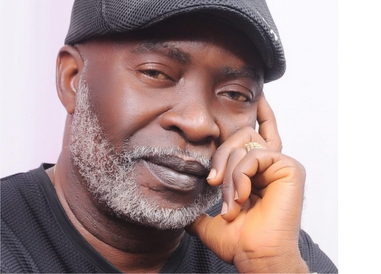CBN lending rates rise across Nigerian banks, reflecting tighter liquidity and monetary policy amid rising borrowing costs
The CBN lending rates for Nigerian banks, including Access, UBA, Zenith, and Guaranty Trust Bank, have recorded a significant rise, reflecting tighter market liquidity and the Central Bank of Nigeria’s monetary tightening stance.
Also read: Osun court jails motorcyclist Musa Mohammed four years for cannabis trafficking
According to the apex bank’s latest report, dated 31 October 2025, both prime and maximum lending rates have increased across commercial and merchant banks following the most recent Monetary Policy Committee (MPC) meeting.
The Central Bank of Nigeria (CBN) explained that the new figures mirror the current interest environment as it continues to maintain a hawkish stance to stabilise inflation and the foreign exchange market.
Banks now charge higher loan rates based on customer creditworthiness and risk exposure.
The prime rate applies to clients with strong credit profiles, while the maximum lending rate is reserved for those with weaker ratings.
Among the major banks, Access Bank recorded a prime rate of 25.5% and a maximum of 32%, while Zenith Bank listed 27.1% and 35%, respectively.
UBA pegged its prime rate at 28.5%, maintaining a 32% maximum. At First Bank, the rates stand at 26% and 38%.
Other lenders such as FCMB reported one of the steepest margins, with prime and maximum rates at 31% and 46.1% respectively, while Ecobank’s figures range from 26.75% to 48%, the highest in the sector.
Analysts say the rise in lending rates underscores the CBN’s continued efforts to curb inflationary pressure and reduce speculative demand in the financial system.
However, the move also means borrowing costs for individuals and businesses will remain elevated in the short term.
A financial analyst, Dave Ibemere, told NaijaTimes that the higher rates are “a reflection of the apex bank’s fight against liquidity surges” and “a sign that banks are adjusting their loan pricing to reflect the tighter credit market.”
BusinessDay also reported that loan exposure to the oil and gas sector has increased, with total lending from nine Nigerian banks rising from ₦10.17 trillion in 2023 to ₦15.6 trillion in 2024, suggesting continued risk appetite in key industries despite higher borrowing costs.
Also read: Central Bank of Nigeria protest exposes banking fraud concerns
The CBN is expected to hold its next Monetary Policy Committee meeting later in the year, where further adjustments to the benchmark interest rate may be considered, depending on inflation and foreign exchange stability.





























